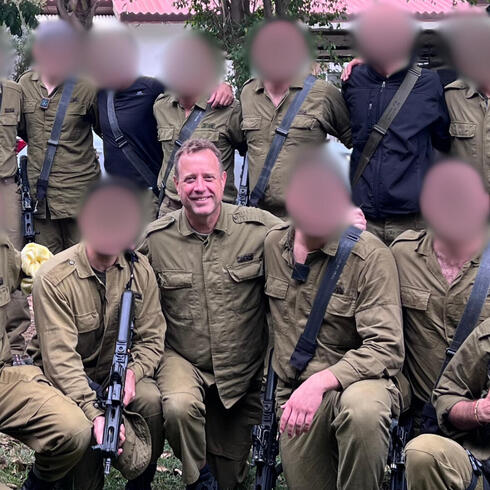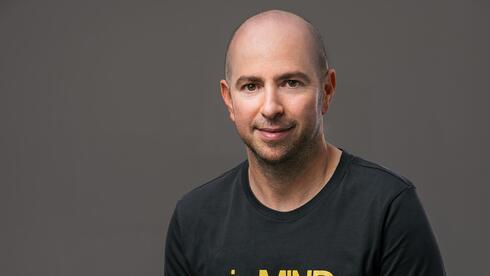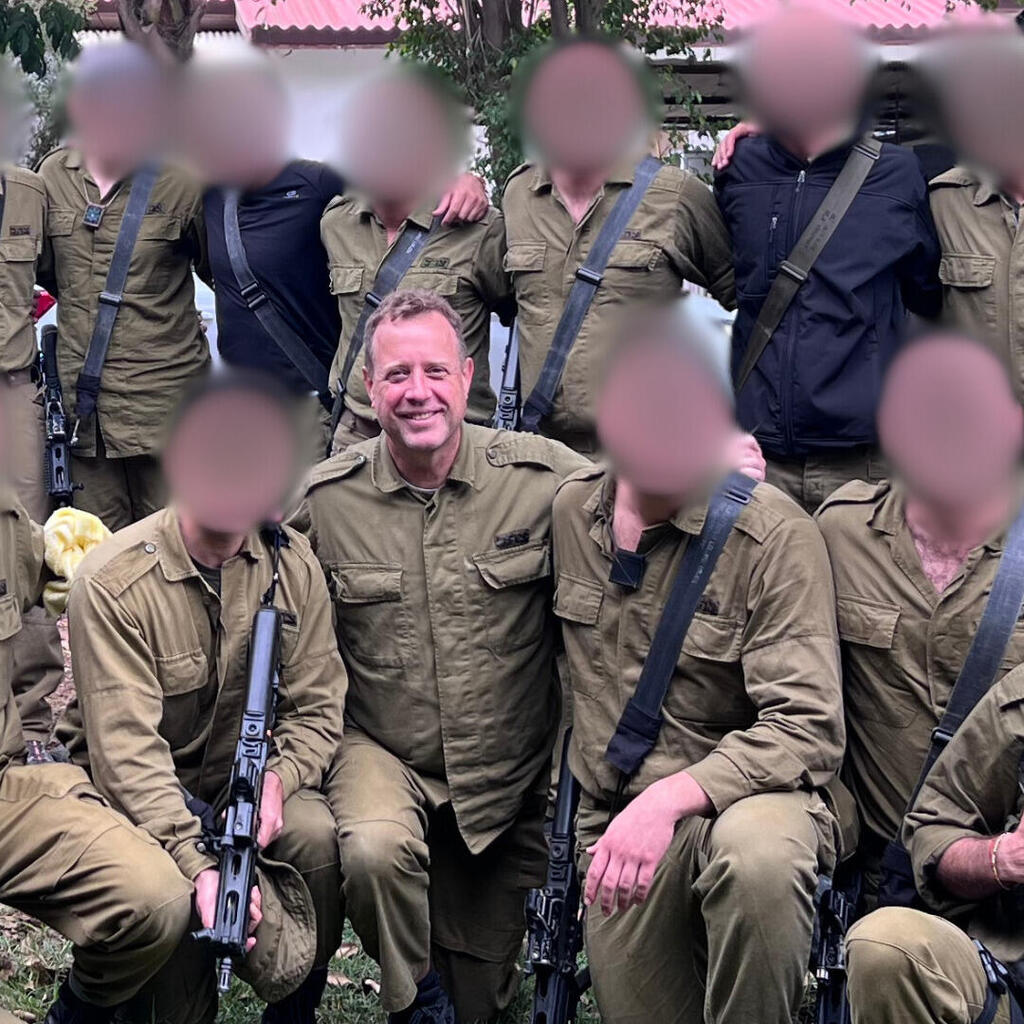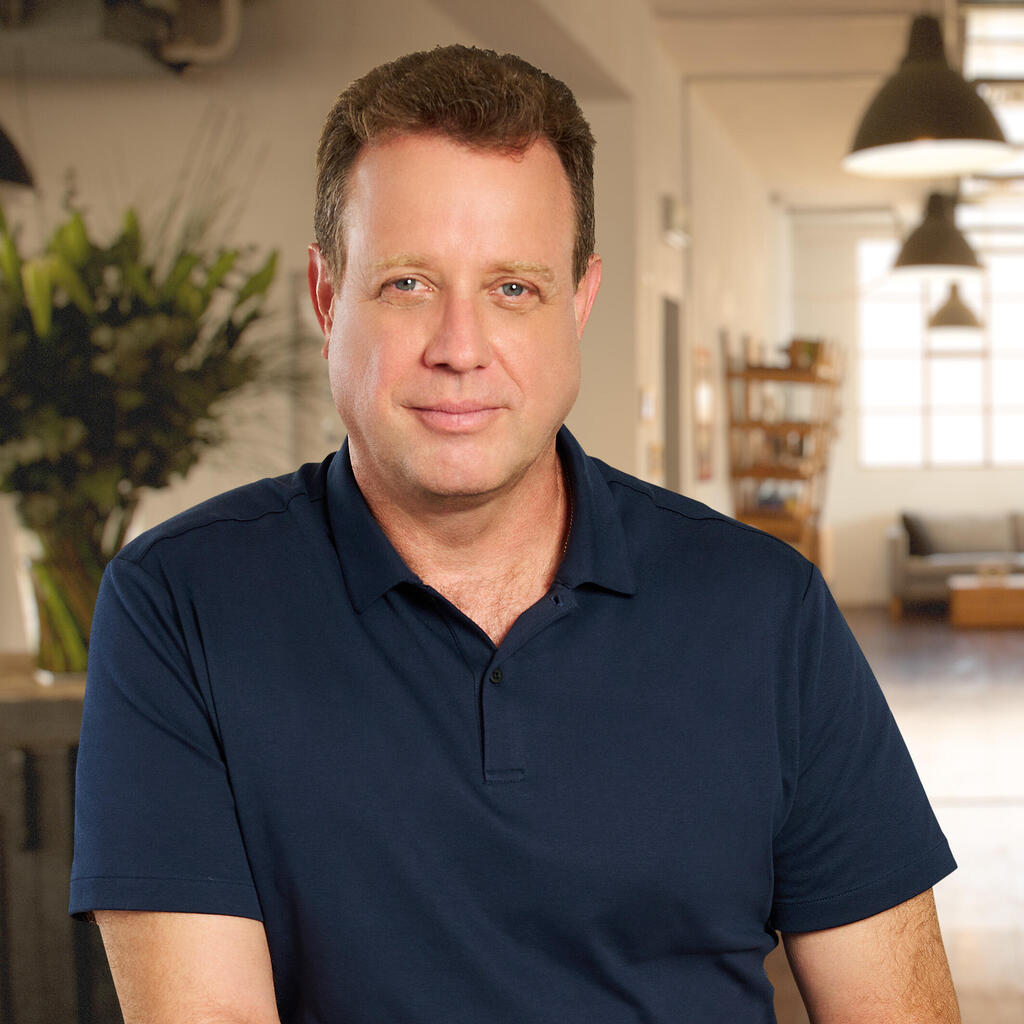
GP of lool Ventures: “We are Israelis; we know how to work under fire”
Dressed in uniform straight from the Gaza envelope, Avichay Nissenbaum of lool Ventures continues investing, with three new investments since the war started. He's optimistic we'll see a boom after the depression but warns, "During these challenging times, the state needs to allocate resources to seed and pre-seed startups. If we fail to provide this support, it's not just individual companies that we risk losing; it's an entire future forest of innovation and progress.”
Lior Avisar
lool Ventures GP, Avichay Nissenbaum, attended Zoom meetings from the reserves near Gaza. "Showing up to board meetings in uniform is undoubtedly an interesting experience. An experience that somehow symbolizes our situation as a country,’ Explained Avichay. “We get in uniform, serve, fight, and at the same time, go to international boards of directors, continue to build, deliver, sign a term sheet, and go back to the patrol in the Gaza envelope."
Avichay volunteered for reserve duty at the beginning of the war. He was attached (with his private off-road truck) to Givati's brigade in the envelope area. With the soldiers there, he goes on patrol and works shifts in the field. Three of his children serve in the military; one in the reserve paratroopers in the north, one in the air force combat unit in the south, and one in the technological unit. His son-in-law is Nahal. The spouses of the boys are also in the reserves. The service affects the entire family, including the family truck. The seats are worn. Soldiers rode in it with their weapons and military shoes filled with mud. But "it's worth it," he says.
"Portfolio companies also have a high percentage of employees in reserves, about 20%. The younger the team, the higher the recruitment rates. But we are Israelis; we know how to work under fire,” Avichay described. “There's a remarkable sense of team cohesion and adaptability that emerges in these times. As a venture capital firm, it's part of our role to provide comprehensive support. This includes not only business guidance but also mental and emotional support, which are equally crucial. For instance, we've organized a series of workshops led by Dr. Liraz Lasry, focusing on effective management during crisis periods. These sessions aim to equip our teams with the skills and resilience needed to navigate these demanding situations."
And are they making progress during this period? Do they sell?
"Most of our companies focus on the U.S. market. Many entrepreneurs are located in New York, Boston, or San Francisco. American investors invested in many companies. We see that overall, there is a lot of empathy and support on a global level."
Alon Yariv, CEO of Qubex, one of lool's portfolio companies, confirms: "I have been in the United States almost continuously since the beginning of the war. Emotionally, it's been challenging and complex, especially being away from Israel. I'm constantly in touch, keeping an open line with my family and team to stay updated and provide support . However, on a practical level,specially in direct interactions with clients and investors, the experience is quite different. Israeli entrepreneurs, including myself, are receiving an exceptionally warm welcome."
Avichay, how do you foresee the industry's future?
In the startup ecosystem, the strongest companies – akin to robust seedlings – usually survive tough times. The weaker ones might not make it under any circumstances. It's the average startups that really feel the impact of crises. For those that have already secured funding, the situation is less critical, thanks to bridging programs that help them sustain until their next funding round. My main concern is for the new entrepreneurs. The Israeli high-tech sector relies heavily on a multitude of seed and pre-fruit seed companies, which are essential for the development of future leading companies. Since the debate over the so-called judicial reform, there's been a significant decline in new startups being formed. This lack of new ventures is a critical issue. If we don't support these early-stage startups, we won't see them advance to more mature stages. This past year, in many ways, feels like a lost season for new growth.
What can be done to change this?
"We are currently engaging with government officials to discuss strategies for rejuvenating the startup scene. Reflecting on the success of the Yozma program, which was instrumental in establishing Israel's tech ecosystem years ago, it might be time for a similar, updated initiative. The government could play a pivotal role by either making direct investments in funds or by facilitating cash flow from the state. Additionally, providing incentives to institutional investors to put their money into seed funds could be crucial. These funds would then incubate the new generation of Israeli startups. With international corporations being hesitant to invest in conflict zones, it's clear that we need to take charge of our own future. This situation, though challenging, fuels my optimism. Israelis have a proven track record of resilience and innovation, both in military reserves and in the business world. I'm confident that we will continue to build and grow, despite the obstacles we face"
Are you currently investing?
"Of course, we are a very active fund. We invite entrepreneurs to contact us. We are open to making investments in Israeli teams during this period. Since the war began, we have signed three investments and do not intend to stop. Our entrepreneurial background is the core to our ethos and we are very active in working and supporting our portfolio companies towards success. We've seen the industry evolve over the last few decades. We've seen crises, and we've seen growth. We are not afraid to invest under fire. And we believe that it is exactly from moments of increased pressure that the greatest successes will be achieved."
















